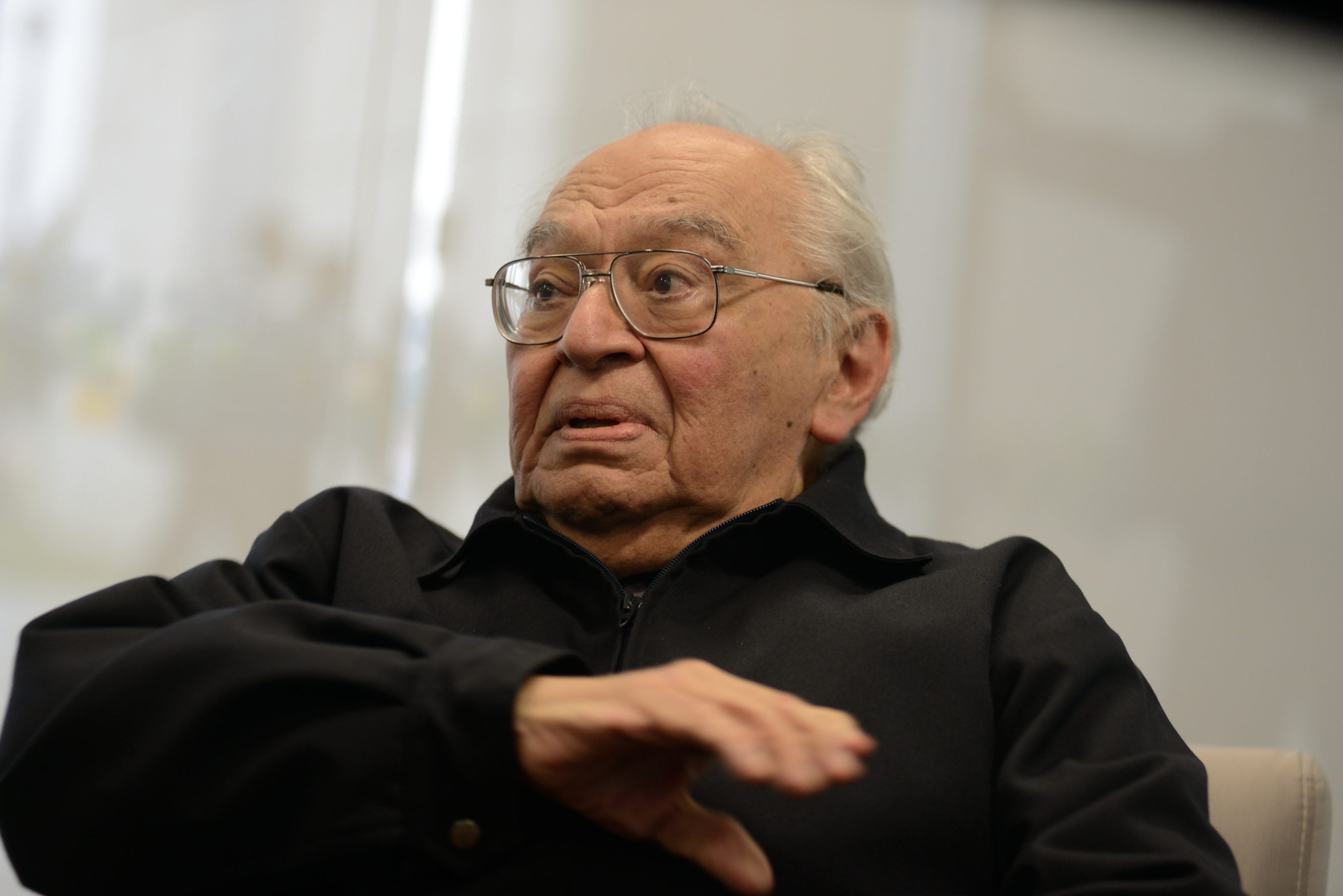
On October 22, 2024, he died in Lima at the age of 96. Gustavo Gutiérrez, “the theologian of the liberating God”, as his compatriot the writer José María Arguedas defined him in his book The fox above and the fox belowwhich contrasted him with the “priest of the inquisitorial God” of All the bloods. With his death, Christian theology loses one of its most important, creative and recognized world leaders and liberation theology accuses the orphanhood of losing someone who is considered the father of the new liberating theological paradigm in Latin America, which represented a true revolution. epistemological and methodological in the religious discourse and in the praxis of Christians with important repercussions in the social sciences.
Gustavo Gutiérrez had excellent interdisciplinary training. He studied medicine at the Universidad Nacional Mayor San Marcos (Lima), philosophy and psychology at the Catholic University of Leuven (Belgium) and theology at the Faculty of Lyon (France) and at the Gregorian University (Rome). He was a professor of theology at the Pontifical Catholic University of Peru and at the University of Notre Dame (Indiana, United States) and founder of the Bartolomé de Las Casas Institute in Lima. He carried out the pastoral ministry in the parish of Christ the Redeemer, in the popular neighborhood of Rímac (Lima). He participated in the Second Vatican Council as theological advisor to the Chilean bishop Manuel Larraín. He participated as a theological consultant in the II Conference of the Latin American Episcopate held in 1968 in Medellín (Colombia), which carried out the radical change from the neocolonial Church to liberating Christianity. He was a member of the Board of Directors of Council. International Journal of Theology. In 2003 he received the Prince of Asturias Award for Communication and Humanities together with the Polish journalist Ryszard Kapuscinski.
In 1971 he published Liberation Theology. Perspectives, his most emblematic work and one of the most influential on the world theological scene, translated into dozens of languages and with numerous editions. He dedicated the book to Henrique Pereira Neto, a Brazilian priest tortured and murdered in 1969 by the Communist Hunting Command during the dictatorship, and to José María Arguedas, and began it with a text from his novel all blood. The Peruvian writer confessed that he did believe in the liberating God that he represented. “I feel God differently,” says Matilde, a character from all blood. Perhaps this sentence, Gustavo observes, wanted to express what Arguedas experienced, who “did not feel God like the lords and the righteous,” but rather as “God hope, God joy, God encouragement.”
Gutiérrez defines theology as a critical reflection of historical praxis in the light of the word, as theology of the liberating transformation of the history of humanity, which is not limited to thinking about the world, but is a moment in the process of its transformation. opening to the gift of the kingdom of God “in the protest against trampled human dignity, in the fight against the dispossession of the vast majority of men, in the love that liberates, in the construction of a new, just and fraternal society.” It is a theology that harmoniously articulates thought and life, theory and praxis, methodological rigor and prophetic denunciation of injustice, liberating spirituality and social commitment, contemplation and action, universal love and option for impoverished people and groups.
We are facing a new way of doing theology, of feeling, of living and of thinking about God from the “reverse of history” with destabilizing repercussions for the Latin American neocolonial and neoliberal system. A system that Pope Francis defines as “the globalization of indifference” that makes us incapable of feeling sorry for the cries of others, of crying at the drama of others and of caring for the most vulnerable people, and generates a population “ surplus” converted into human waste.
The Peruvian theologian has nothing to do with the definition given by the Anglican archbishop William Temple to the question of what a theologian is, I imagine with a British sense of humor: he is a very sensible and thoughtful person who spends his entire life locked among books. trying to give very exact and precise answers to questions that no one asks. The questions that Gustavo asked have to do with suffering, poverty, injustice and the materiality of life: where will the poor sleep? How can we talk about God from the suffering of the innocent? How can we talk about resurrection when impoverished people die “before their time” and “without reaching their season”? How can we speak of God as Father and Mother when human beings are not brothers and sisters?

